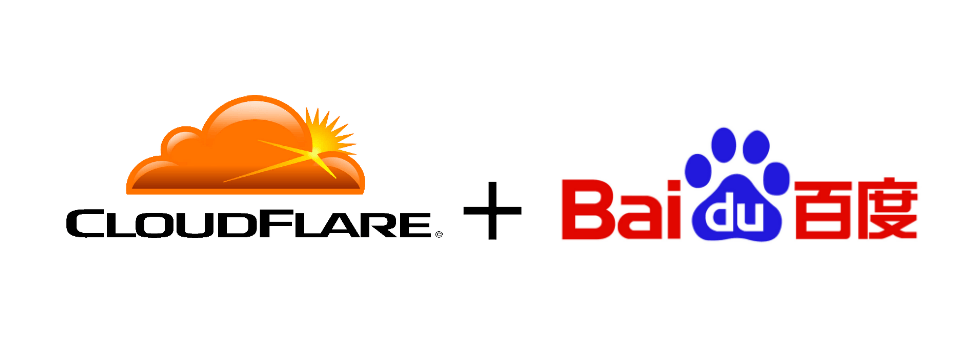There’s big news this week for those looking to make a speedy splash in the Chinese web market. CloudFlare, the CDN and web security platform based out of San Francisco, CA, just raised $100 million in a funding round lead by Fidelity with Baidu, Google Capital, Microsoft and Qualcomm as investors. At the same time, CloudFlare announced a “virtual joint venture” with Baidu, dubbed “China’s Google,” to offer services to the mainland.
As reported by The New York Times:
The partnership, signed in July 2014, is between CloudFlare, a security company based in San Francisco, and Baidu, China’s equivalent of Google. Using a mixture of CloudFlare’s web traffic technology and Baidu’s network of data centers in China, the two created a service that enables websites to load more quickly across China’s border. The service, called Yunjiasu, began operating in December. It has a unified network that makes foreign sites more easily accessible in China, and allows Chinese sites to run in destinations outside the country.
CloudFlare’s announcement is great for those who develop sites in China or are trying to reach the Chinese market. The deal doesn’t actually put CloudFlare servers in China, but rather opens Baidu’s China-based cloud server network to CloudFlare’s technology. This offers CDN services and security features to those in places like Hangzhou, Tianjin and Nanning.

If you’re looking to use CloudFlare as a means to beat the red tape of hosting in China, you might have to look somewhere else. Unfortunately, you’ll still need to acquire an ICP license to serve cached content from Baidu’s CloudFlare-enabled servers. This can be a huge bureaucratic headache for smaller companies wishing to just break into the Chinese market that don’t have a mainland presence. This can sometimes force companies to host in Hong Kong instead of within the mainland.
China’s burgeoning tech market has been tricky for most US-based firms. Companies have been trying to balance strict regulations of foreign companies, Western views on free speech, and the Chinese pursuit of advanced intellectual property. The foreign companies that succeed in China, like Volkswagen, Yahoo!, Microsoft and Uber all end up striking deals to create joint-ventures. In these cases, the companies hand over their IP to their Chinese partners as a sort of pay-to-play (or end up blocked like Facebook).
Critics often point to these kinds of deals as shortcuts of development for China’s protectionist business environment (China’s microblogging platform, Sina Weibo, was released two months after Twitter was blocked). The CCP encourages these kinds of deals as foreign technology ends up in China while under the stewardship of local companies who must obey government directives.
Because of these past deals, critics like those at Vice’s Motherboard see CloudFlare’s deal as a continuation of Western privacy, censorship, IP and security compromises to make money in the Chinese market.
Nonetheless, the additional infrastructure technology will help Chinese sites fight DDOS attacks, increase web security for a relatively insecure Internet backbone and offer a new means of served cached content in China.




2 thoughts on “What CloudFlare’s Baidu Deal Means”